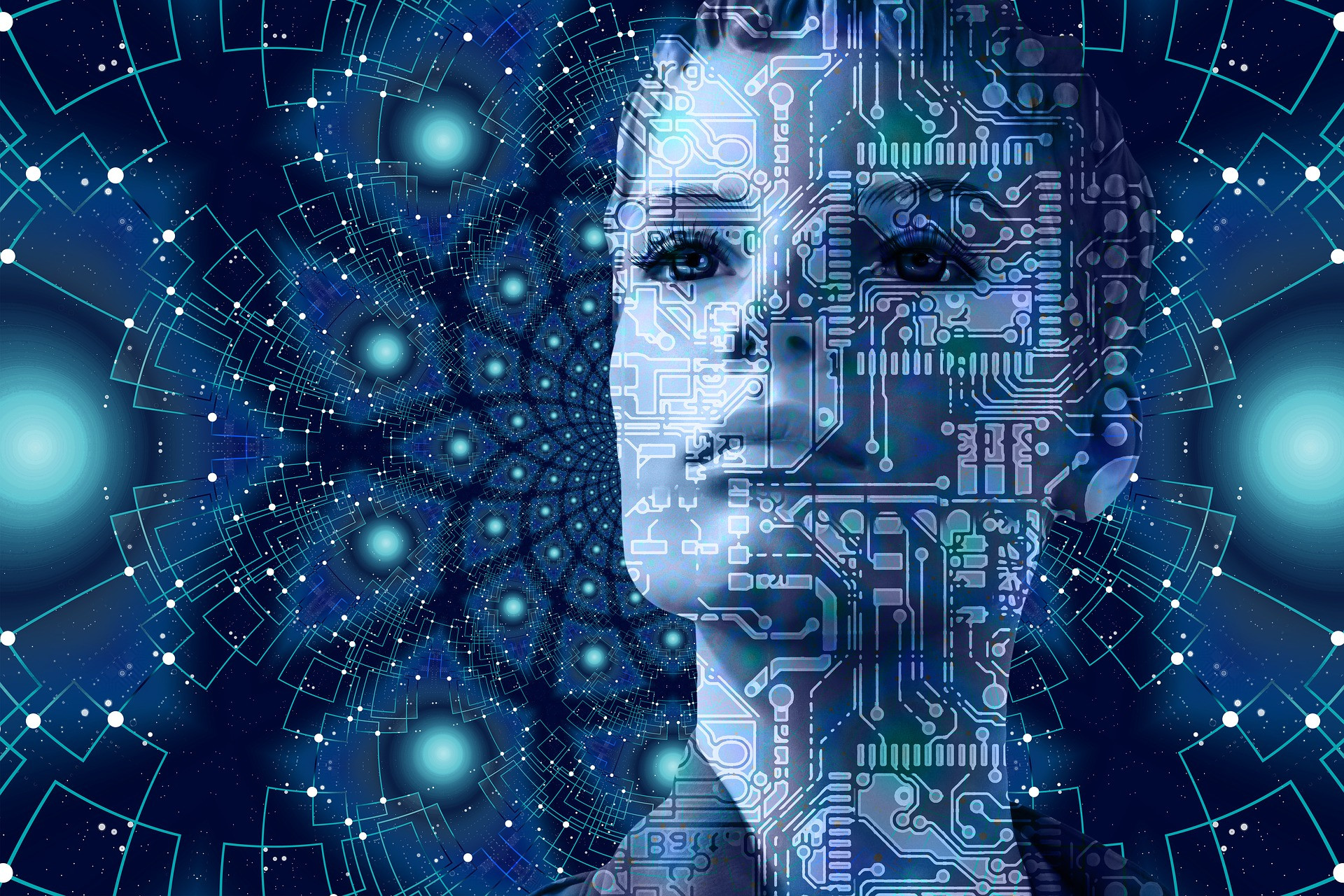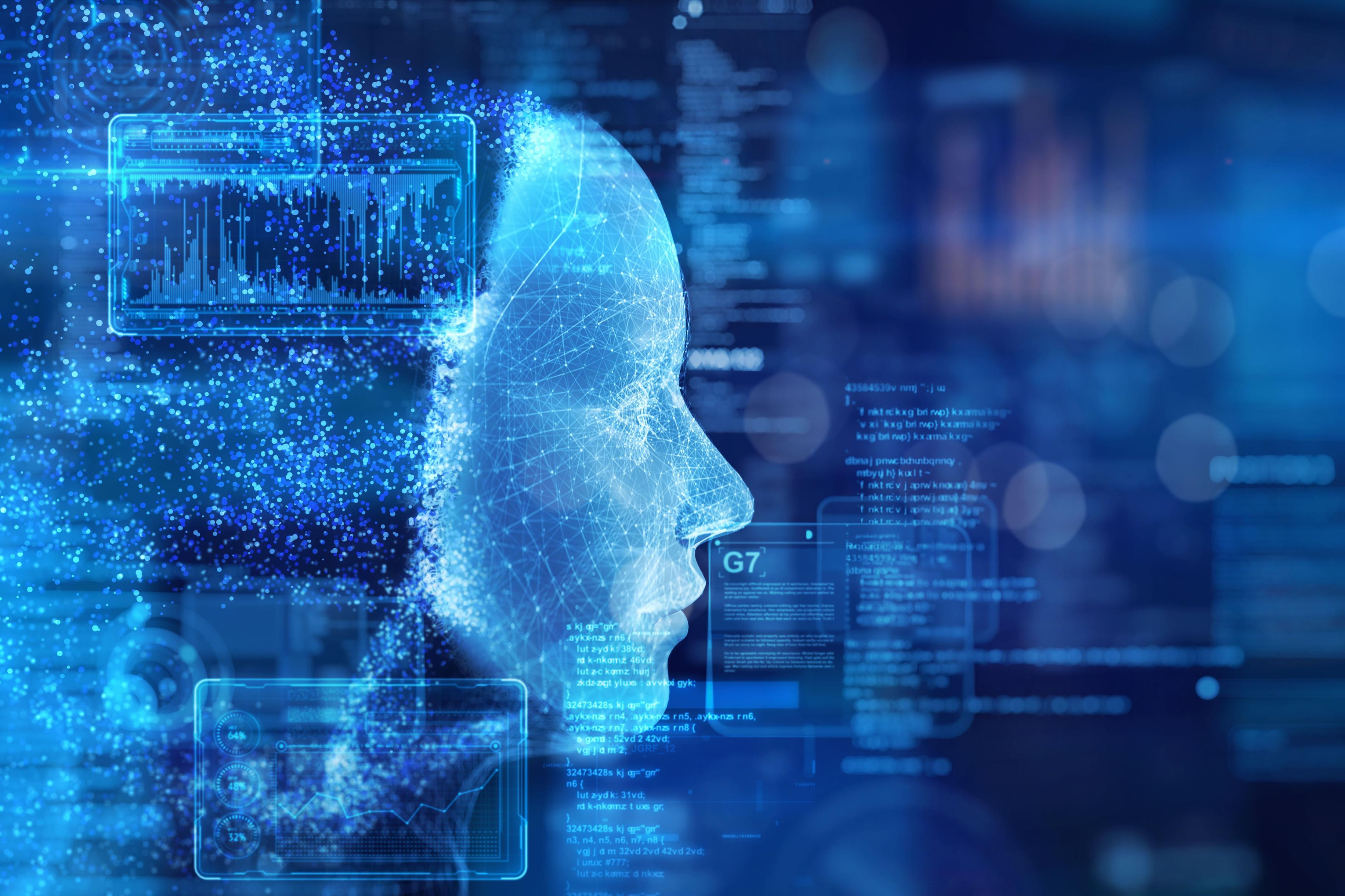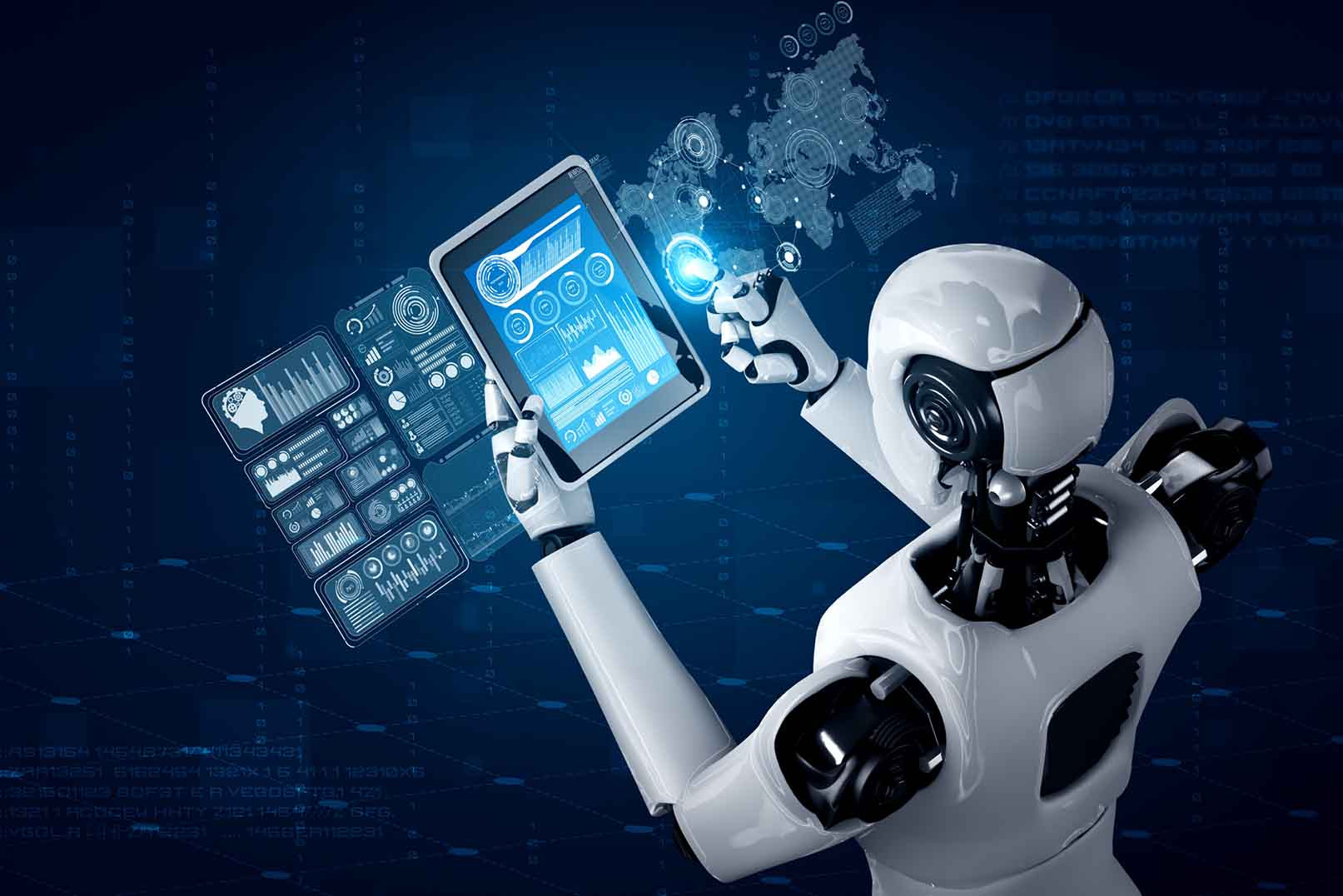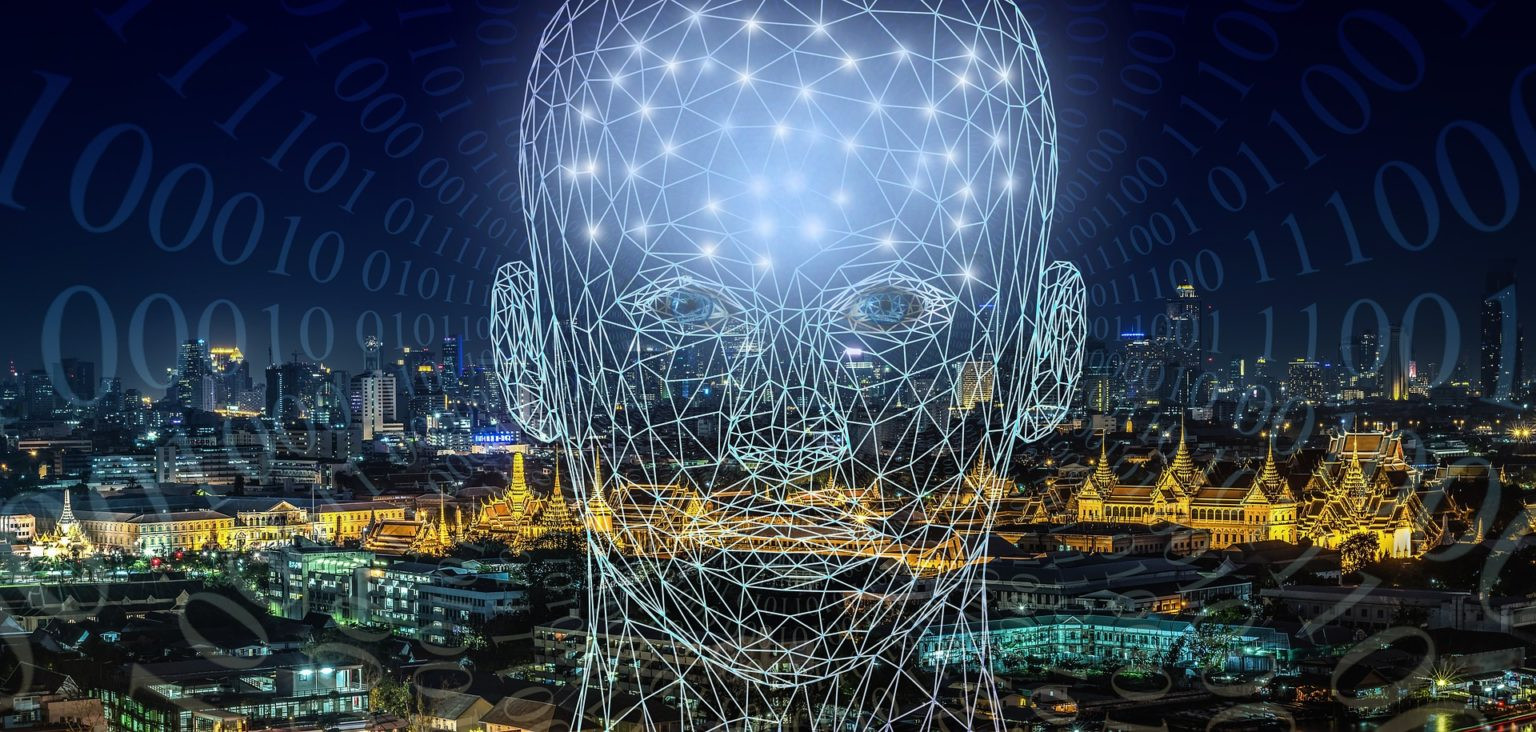The Rise of Artificial Intelligence: A New Era of Automation and Innovation
Artificial intelligence (AI) is no longer a concept confined to science fiction. It has become an integral part of our lives, quietly transforming industries and reshaping our future. From personalized recommendations on streaming platforms to self-driving cars and advanced medical diagnostics, AI is making a tangible impact across multiple sectors. This rapid evolution has sparked both excitement and apprehension, raising crucial questions about the potential benefits and risks associated with this powerful technology.
How Artificial Intelligence is Revolutionizing Industries
The pervasive influence of AI is evident in the way it is redefining industries. One of the most significant impacts is in the realm of automation. AI-powered robots and systems are increasingly taking over repetitive and laborious tasks, leading to increased efficiency and productivity. This automation is transforming manufacturing, logistics, and customer service, enabling businesses to streamline operations and optimize resource allocation.
The Power of Machine Learning and Deep Learning
At the heart of AI's transformative power lies machine learning and deep learning. These techniques enable computers to learn from data without explicit programming, allowing them to adapt and improve their performance over time. Machine learning is used in various applications, including fraud detection, predictive analytics, and personalized marketing. Deep learning, a more sophisticated form of machine learning, excels in tasks that require complex pattern recognition, such as image and speech recognition.
AI in Healthcare: Revolutionizing Diagnosis and Treatment
The healthcare industry is experiencing a profound revolution driven by AI. AI-powered tools are aiding in the early detection of diseases, improving diagnostic accuracy, and personalizing treatment plans. For example, AI algorithms can analyze medical images to identify potential abnormalities, assisting radiologists in making more accurate diagnoses. AI is also transforming drug discovery, enabling researchers to accelerate the development of new treatments.
Ethical Considerations and the Future of AI
As AI becomes more sophisticated, ethical considerations become increasingly crucial. One key concern is the potential for job displacement as AI automates tasks previously performed by humans. It is essential to address these concerns through reskilling and upskilling programs to ensure a smooth transition to a future where AI and humans work together. Another ethical challenge is the potential for bias in AI systems, which can arise from the data they are trained on. It is critical to develop and implement measures to mitigate bias and ensure fair and equitable outcomes.
The Potential of AI: Shaping a Better Future
While AI presents challenges, its potential to improve our lives is immense. From creating personalized educational experiences to developing sustainable solutions for climate change, AI can be a powerful force for good. The key lies in harnessing its power responsibly and ethically, ensuring that AI serves humanity's best interests.
The AI Revolution: A Journey of Innovation and Transformation
The journey of AI is far from over. With continuous advancements in research and development, AI is poised to transform our world in ways we can only begin to imagine. As we navigate this exciting and complex landscape, it is crucial to maintain a balanced perspective, embracing the opportunities while addressing the challenges with careful consideration. The future of AI is intertwined with our own, and it is our responsibility to ensure that this powerful technology is used to create a better future for all.


















